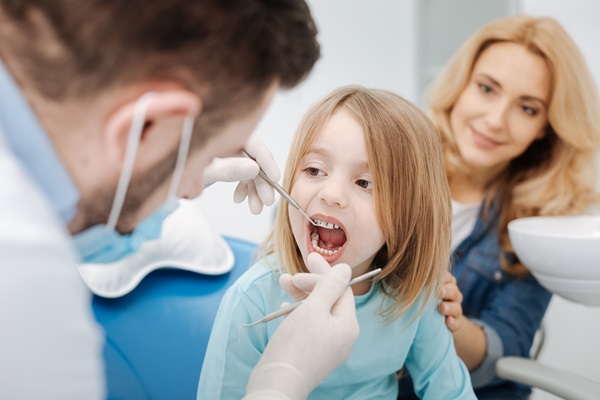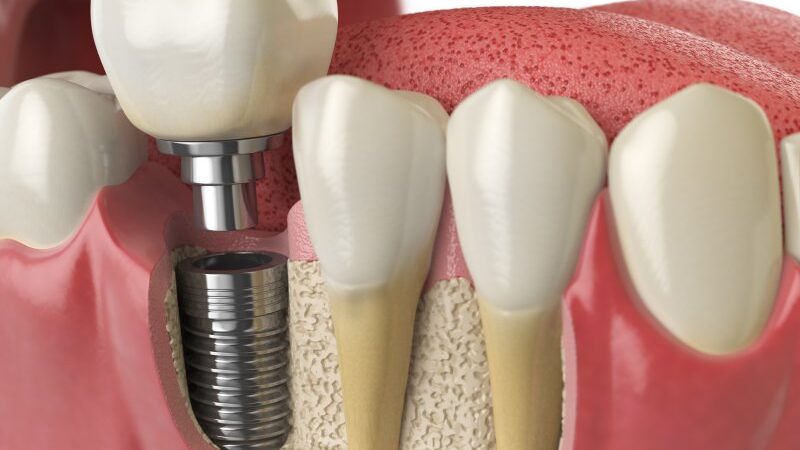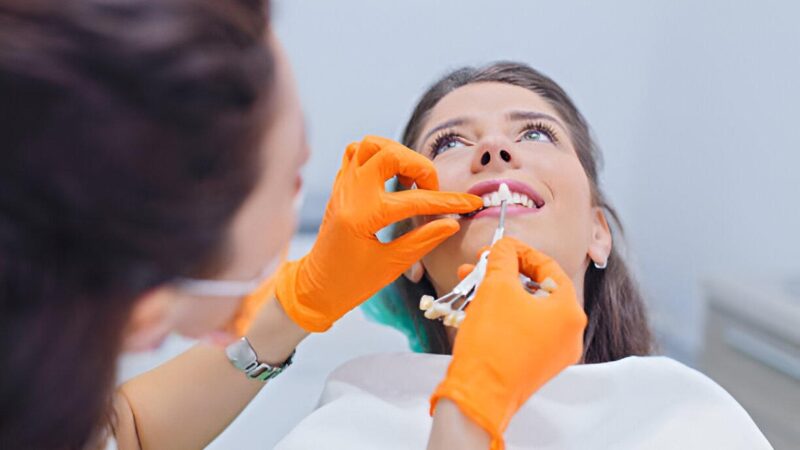The Role of Probiotics in Maintaining Good Oral Health
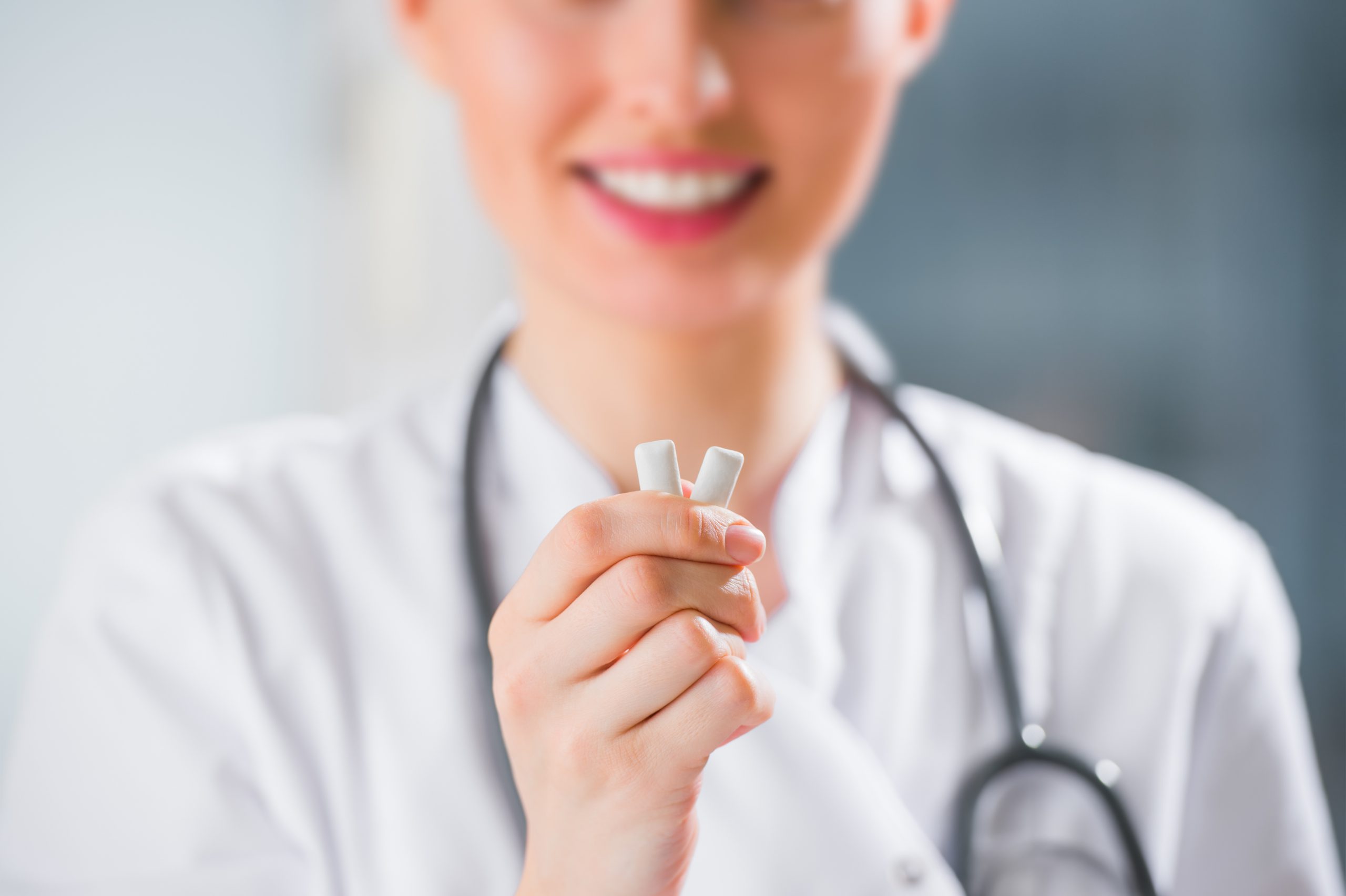
The pursuit of a healthy, radiant smile is a top priority for many individuals, and recent research suggests that the key to achieving optimal oral health may lie in the realm of probiotics. As a cornerstone of North York dentistry, maintaining good oral health is crucial not only for a beautiful smile but also for overall well-being. Probiotics, beneficial bacteria that promote a healthy gut microbiome, have been shown to have a profound impact on oral health, from reducing plaque and gingivitis to preventing bad breath and boosting the immune system.
In this article, we’ll delve into the fascinating world of probiotics and explore their role in promoting optimal oral health, shedding light on the latest research and expert insights from the field.
What Are Probiotics?
Probiotics are live microorganisms that confer health benefits when administered in adequate amounts. They are similar to the beneficial microorganisms found in the human gut, where they play a crucial role in maintaining a healthy balance of gut flora. Probiotics can be found in fermented foods, such as yogurt, kefir, and sauerkraut, as well as in dietary supplements.
The Oral Microbiome And Probiotics
The oral microbiome is a complex ecosystem of microorganisms that inhabit the mouth. While some of these microorganisms are beneficial, others can contribute to oral health problems, such as tooth decay, gum disease, and bad breath. Probiotics can help maintain a healthy balance of oral microbiota by:
- Inhibiting the growth of pathogenic bacteria: Probiotics can compete with harmful bacteria for space and resources, reducing their numbers and minimizing their negative impact on oral health.
- Producing antimicrobial compounds: Certain probiotics can produce antimicrobial peptides and proteins that help eliminate pathogenic bacteria.
- Modulating the immune system: Probiotics can interact with the immune system, reducing inflammation and promoting a balanced immune response.
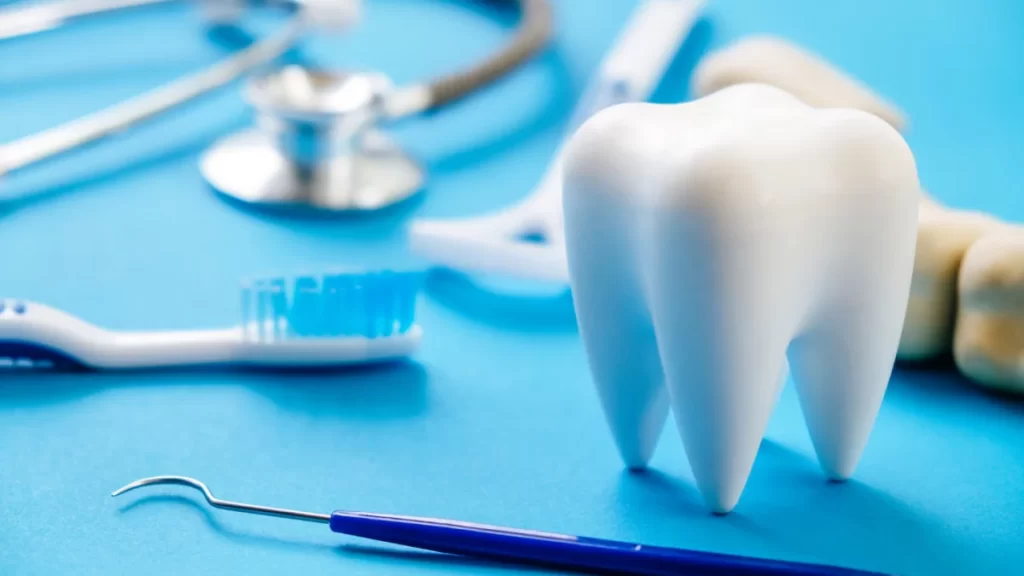
Exploring Potential Benefits of Probiotics For Oral Health
Research has shown that probiotics can have a positive impact on oral health, including:
- Reducing plaque and gingivitis: Probiotics can help reduce the formation of plaque and prevent gingivitis.
- Preventing tooth decay: Probiotics can inhibit the growth of Streptococcus mutans, a bacterium that contributes to tooth decay.
- Freshening breath: Probiotics can help reduce the production of volatile sulfur compounds, which can cause bad breath.
- Reducing oral inflammation: Probiotics can help reduce inflammation in the mouth, which can contribute to conditions such as periodontitis.
Mechanisms of Probiotics in Oral Health
Probiotics can exert their beneficial effects on oral health through several mechanisms, including:
- Adhesion to oral surfaces: Probiotics can adhere to oral surfaces, such as teeth and mucous membranes, where they can interact with the oral microbiome.
- Production of antimicrobial compounds: Probiotics can produce antimicrobial compounds that help eliminate pathogenic bacteria.
- Modulation of the immune system: Probiotics can interact with the immune system, reducing inflammation and promoting a balanced immune response.
Potential Applications of Probiotics in Dentistry
Probiotics have several potential applications in dentistry, including:
- Prevention of oral diseases: Probiotics can be used to prevent oral diseases, such as tooth decay and gum disease.
- Treatment of oral diseases: Probiotics can be used to treat oral diseases, such as periodontitis and halitosis.
- Maintenance of oral health: Probiotics can be used to maintain oral health, reducing the risk of oral diseases and promoting a healthy balance of oral microbiota.
Probiotics have shown promise in maintaining good oral health, reducing the risk of oral diseases, and promoting a healthy balance of oral microbiota. While more research is needed to fully understand the mechanisms and benefits of probiotics in oral health, the existing evidence suggests that probiotics can be a valuable tool in the prevention and treatment of oral diseases. As the field continues to evolve, it is likely that probiotics will play an increasingly important role in dentistry.


